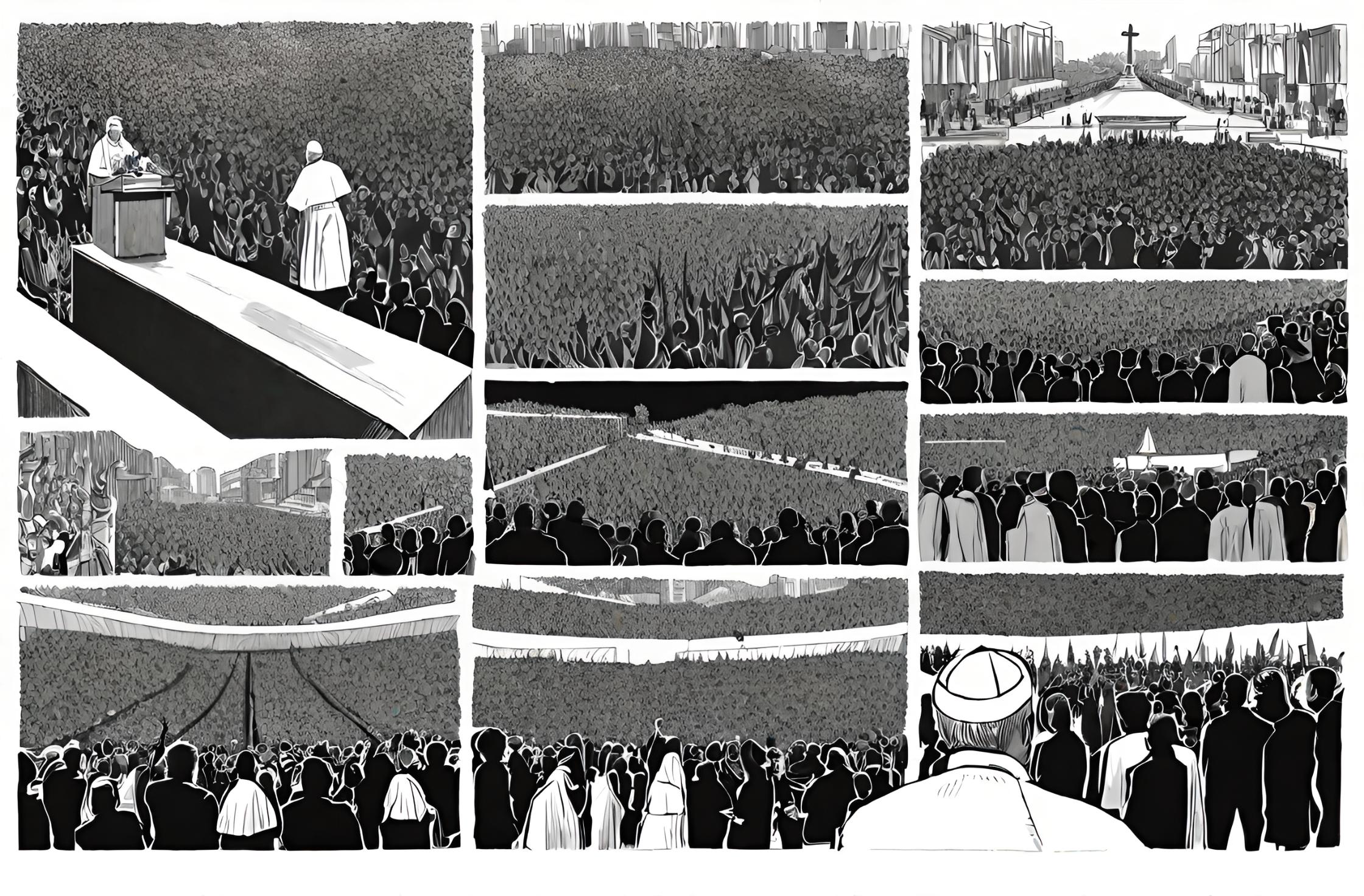Flashback to August 21
World History

Throughout history, key events have forged the world as we know it today. Some of these events are a testament to the triumph of human cooperation, while others starkly illustrate the conflicts that have shaped entire nations. If we turn our attention to the transformative years of the early 20th century, one event stands out – the occupation of Brussels by German forces during World War I on August 20, 1914. The German arrival in the beautifully historic city of Brussels marked a significant turning point in the Great War and had profound implications for the civilian population of Belgium.
Understanding the magnitude of this event requires a grasp of the broader context. In the summer of 1914, Europe was a hive of tension just waiting to explode into war. World War I, or the Great War as it was then known, initiated after the assassination of Archduke Franz Ferdinand of Austria, on June 28, 1914. Nations were dragged into the conflict due to a web of alliances and commitments that spanned the continent. The German forces were part of the Central Powers, which also included Austria-Hungary, the Ottoman Empire, and Bulgaria. Opposing them were the Allies, that included a good number of world powers such as Britain, France, and Russia.
In activating the Schlieffen Plan, a key military strategy designed to avoid a two-front war by first rapidly vanquishing France before turning to Russia, the German forces swept through neutral Belgium – with Brussels being a major city in their route. Despite Belgium’s declared neutrality, its strategic geography had sealed its fate. On August 20, 1914, German troops marched into Brussels, establishing firm control over the city.
The German occupation of Brussels stands as a somber memory of World War I. The invasion brought severe disruption in the lives of Brussels’ residents who were subject to strict rules and harsh penalties imposed by the German regime. There were curfews to abide by, resources were scarce, work was hard to find, and the punishing weight of war began to settle in the city. The story of everyday Belgians trying to survive and maintain a semblance of normalcy is a testament to the human spirit’s resilience.
In an international context, the occupation of Brussels had profound consequences. It triggered global outrage, especially in Britain, which had pledged to uphold the neutrality of Belgium by the Treaty of London in 1839. The violation of Belgium’s neutrality by German troops provided Britain with a solid casus belli and marked a critical point wherein Britain officially entered the conflict.
Moreover, the image of “brave little Belgium” resisting German aggression became a powerful propaganda tool for the Allies. It helped to sway public opinion, especially in the United States, against the Central Powers. Stories of alleged atrocities committed by the German forces, true or not, were instrumental in securing international sympathy and support for the Allies.
The German occupation of Brussels ended after four long years, in November 1918 when Germany finally surrendered, and Belgian freedom was restored. The recovered city bore the scars of war, but the spirit of its people remained indomitable.
Reflecting on the occupation of Brussels by German forces during World War I provides a vivid insight into the war’s human and political consequences. It depicts not just the hardships endured by the civilian population but also the strategic elements that shaped the course of a war that transformed the world. It’s an integral part of the Great War narrative, a tale that deserves to be revisited time and time again, serving as a lesson of history and an echo of past conflicts in our modern world.
We strive for accuracy. If you see something that doesn't look right, click here to contact us!
Sponsored Content

A sixth-century temple is…
"Unveiling a paradigm shift…

Pope Benedict XVI concludes…
On August 21, 2005,…

Adolf Hitler decides against…
On August 21, 1941,…

Lake Nios volcanic eruption…
On August 21, 1986,…

Jean ChrTtien, Prime Minister…
On August 21, 2002,…

Half a million people…
"On August 21, 1984,…

